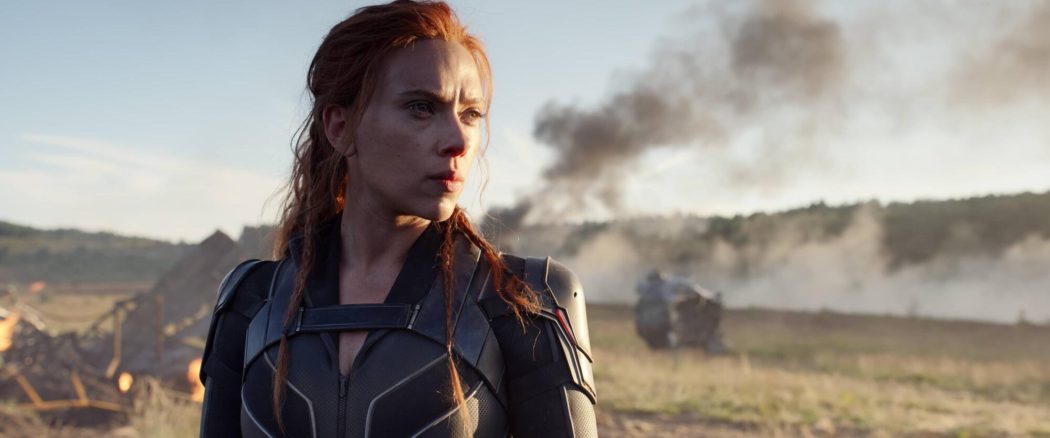Opinion: ‘Black Widow’ and female superhero movies
On July 9, “Black Widow” was finally released. When the film was first announced, fans were torn. It was fantastic to finally have the iconic character get her own solo film, but some felt that it was too little too late considering the character had been killed off. The movie showed Natasha Romanoff facing her mysterious past, her family and themes that no superhero movie had tackled before.
The spy-thriller carried metaphors for the human trafficking syndicate and violence against women. The feminist message was obvious, but not as heavy-handed as “Captain Marvel,” the Marvel Cinematic Universe’s first female-led superhero movie. Both films were prequels set to compliment arcs within the MCU that had already been built. “Captain Marvel” was meant to set up her appearance in “Infinity War,” and “Black Widow” was a film that seemed to have been pushed into a random timeslot.
Other female-led superhero movies include “Wonder Woman” (2017), “Catwoman” (2004), “Supergirl” (1984), “Elektra” (2005), “Harley Quinn: Birds of Prey” (2020), and “Wonder Woman 1984” (2020). Most of these films are produced by DC, with Marvel catching up in only recent years. In an article by Karen Han for Slate, she complains about Marvel’s reluctance to introduce female-led superhero films and the issues with “Black Widow.” The protagonist is overshadowed by other characters with more interesting traits and character arcs, and there is hardly any suspense with it being a prequel.
The film may have its issues, but it also fixes problems that have been cemented in the MCU and female superhero movies. In Joss Whedon’s “Avengers: Age of Ulton,” we learn that Black Widow, along with all of the other assassins trained in the Red Room, had forced hysterectomies. Whedon’s version had the trauma rooted in the idea that Natasha could not have children, but Black Widow’s director Cate Shortland fixes this in the face of a period joke written by a male writer.
In an article by Candance Cordelia Smith for Bustle, she writes, “[Florence] Pugh’s interpretation of the female graduates’ experience was meant to both clap back at a sexist joke from a Marvel writer and lighten a chapter that can be emotionally distressing to women have faced in real life.”
“Black Widow” is far from perfect, but other superhero films could learn something from the themes, the broken stereotypes and the highlight of the limitations of the MCU. Scarlett Johansson’s and Florence Pugh’s performances are moving and well-worth the wait for a Black Widow solo film. Fans are hungry for more Marvel content. Hopefully, future projects will remember the importance of female characters and portray the real life experiences of women on screen just like “Black Widow.”

